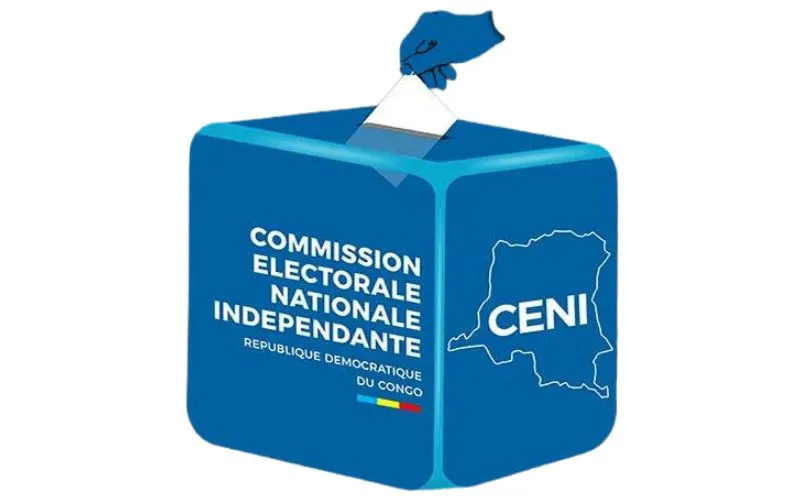Kinshasa, 19 January, 2024 / 9:50 pm (ACI Africa).
Catholic Bishops in the Democratic Republic of Congo (DRC) have identified fraud and violence as incidents that undermined voter confidence in the country’s 20 December 2023 general elections.
In a statement issued Tuesday, January 16, members of the National Episcopal Conference of Congo (CENCO) highlighted cases of fraud and irregularities recorded during the polls.
“In general, these elections were characterized by fraud, large-scale corruption, vandalism of electoral material, incitement to violence, illegal detention of electronic voting devices (DEVs), buying of consciences, intolerance, impudence, attacks on human rights, human life and the dignity of individuals, including the public humiliation of women,” Catholic Bishops in DRC said.
They added, “The numerous irregularities observed, the incidents noted and the fraud declared seriously affected the elections and undermined voter confidence.”
“This raises questions about the Congolese people's perception of the next Parliament, especially as the provisional results of the national legislative elections show that, at the current stage, only around 6 percent of MPs are from the opposition,” the Catholic Bishops said.








